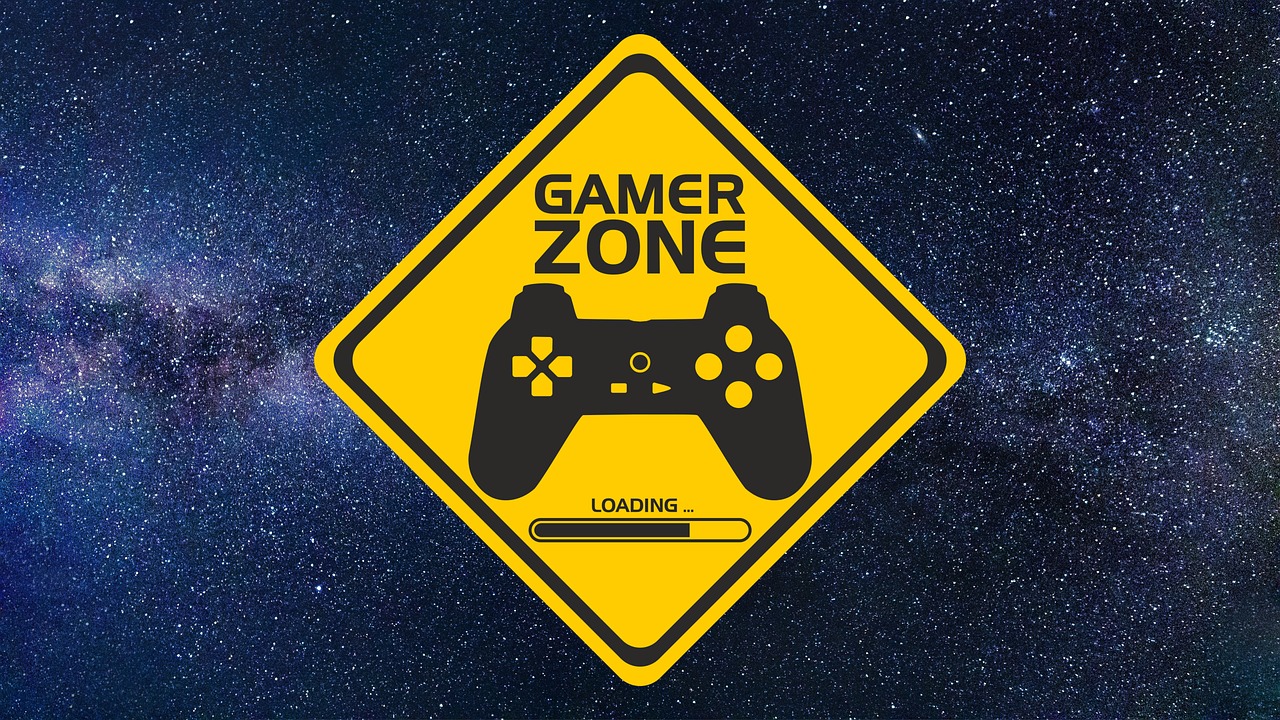Why Delayed Games Are Better: A Lesson from Nintendo’s Legacy

Delays in Game Releases
In the gaming industry, the concept of delaying releases has become increasingly common, and it’s a trend that many gamers have come to accept. The saying attributed to Nintendo’s Shigeru Miyamoto, “A delayed game is eventually good, but a rushed game is forever bad, ” resonates today more than ever. Recent examples illustrate this shift in approach, particularly with high-profile titles like Cyberpunk 2077 and several Ubisoft games facing delays. The latest Cyberpunk update was pushed back at the last minute, highlighting the challenges developers face in delivering polished products. Ubisoft recently announced delays for major releases during an earnings call, indicating a broader trend where quality takes precedence over meeting deadlines. This aligns with the industry’s growing focus on long-term player satisfaction rather than immediate sales.
Anticipation for Hollow Knight: Silksong
Fans are eagerly awaiting Hollow Knight: Silksong, which is now set to release in 2025 after a staggering six-year wait. This delay is a testament to the developers’ commitment to quality, as they strive to meet the high expectations set by its predecessor, Hollow Knight, which sold over 3 million copies since its launch. The anticipation surrounding Silksong illustrates how patience can build excitement, demonstrating that taking the time to refine a game can pay off in the long run.
Industry Impact of Delays
The impact of delays extends beyond just individual games; they can influence entire market trends. According to a report from Newzoo, the gaming industry is projected to generate over 200 billion dollars in revenue by
2023. However, quality issues can tarnish a company’s reputation and affect sales, as seen with Cyberpunk 2077, which faced backlash upon its initial release. This has led to a cultural shift within studios, prioritizing development time to deliver the best possible experience for players.

Conclusion on Gaming Delays
In conclusion, the trend of delaying game releases is not just a temporary phenomenon; it reflects a deeper commitment to quality in an industry that thrives on player engagement. As we move into 2025 and beyond, it’s clear that developers are increasingly willing to take the necessary time to ensure that their games not only meet but exceed player expectations. This shift could redefine how we perceive game launches, turning delays into a positive aspect of the gaming experience.
